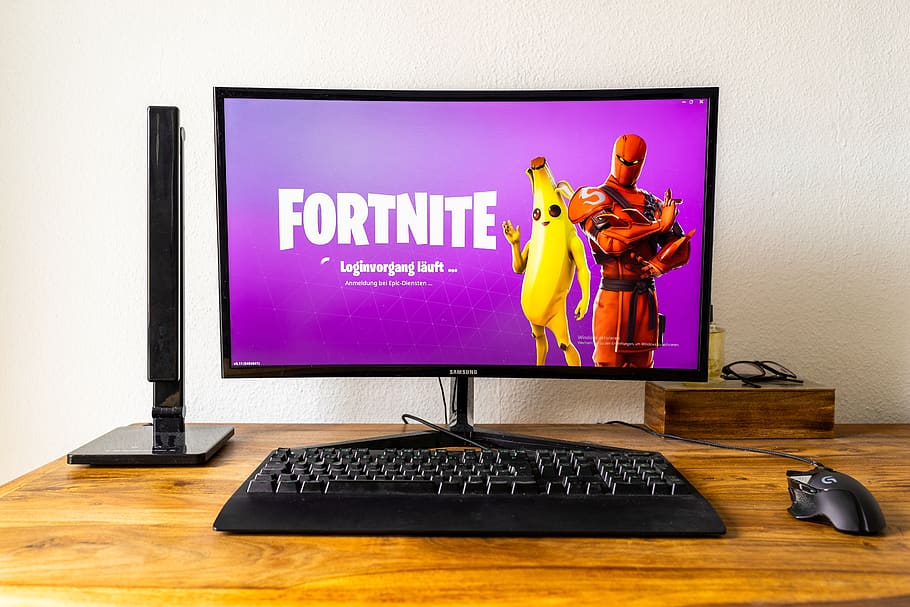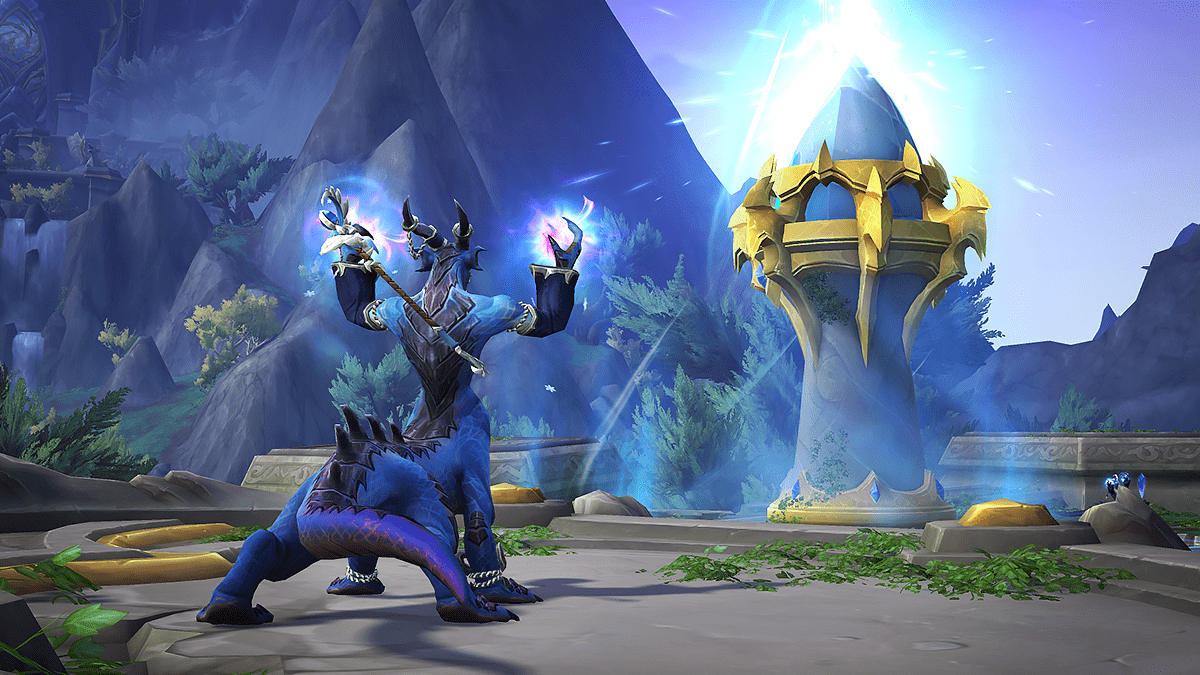
If there’s one tech industry that has transcended all its previous limitations in recent years it’s the global gaming industry. Now worth over $170 billion, gaming is no longer floating around at the fringes of popular culture, it’s begun to dominate pop culture, having a direct effect on mainstream entertainment in the process.
Once considered to be a niche hobby, in the 90s and early 2000s video game consumption was typically driven by more traditional forms of entertainment such as films and TV. GoldenEye 007, for example, is the all-time third-best-selling title on the Nintendo 64 and a large percentage of its popularity was due to its connection to the ubiquitous James Bond franchise. Recently, however, the script has been flipped and its games and video gaming’s massive fan base is driving the creation and consumption of entertainment media.
Gaming’s Influence on Mainstream Entertainment
Video games have become a genuine source of revenue and intellectual property in recent years, with top-selling games pulling in substantial profits. With games out-performing other forms of at-home entertainment at the start of this decade, it would only be a matter of time before production companies began looking to the digital realm for inspiration.
In November 2021, a major milestone was achieved when the video game-inspired series, Arcane, became the most-watched English-language show on the Netflix streaming platform. Based on the hugely popular MMORPG and eSports pioneer, League of Legends, the animated series was produced in conjunction with Riot Games and was entirely set in the LoL universe.
In addition to its spotless Netflix ratings score, the series has received huge critical acclaim and, of course, is a major hit with audiences – both gaming and non-gaming. According to Forbes magazine, Arcane has received a 100% critics score on the entertainment review-aggregation site Rotten Tomatoes and a 97% audience score – itself another record on the site for a Netflix show. And that’s despite being largely ignored by traditional TV and film critics.
It’s not just on the small screen that gaming is beginning to wield influence: 2020’s Sonic The Hedgehog drew in over $300 million at the box office, making it the most successful feature film based on a video game.
As Scott Smith, co-founder of eSports production company Do Not Peek Entertainment has explained, video games are now in possession of a “world-class IP that stands toe-to-toe with comic book characters”. Whereas, in decades past, the formula would typically involve Making a movie and then releasing a spin-off video game, now, world-class video games are being produced that in turn are giving rise to movie and TV spin-offs.
The Ever-Evolving Gaming Landscape
As gaming poses more and more of a threat to the dominant positions that movies and television hold in entertainment media, the industry itself is ever-evolving, opening up more and more realms of possibility for future developments.
Not only has the surging popularity of video games contributed to the expansion of the industry into developing countries – gaming is currently a big deal in India, for example – it’s also brought about evolution within the industry. Mobile gaming is one new segment of the industry that simply wouldn’t be what it is today if it weren’t for the appetite of the global gaming audience. Modern gamers demand console-worthy gaming experiences on the go, which ensures that developers and smartphone manufacturers alike continue with innovation in the field.
The same is true of other genres, such as iGaming. While the segment does include activities like sports betting under its umbrella, it largely comprises of online casino and poker gaming. Continuous evolution within the genre has brought about innovations like VR gaming, as well as introducing little-known variants of games like blackjack to a curious global audience.
But perhaps the biggest evolution of gaming has come in the form of eSports, or professional video gaming. On track to becoming a multi-billion dollar industry, eSports tournaments collectively pull in audiences numbers in their millions year after year, both virtually and in-person. Becoming a professional gamer is now a viable career move for talented gamers, and even if the world’s stage remains out of reach, with platforms like Twitch and YouTube local gamers can build up a substantial fanbase.
The emergence of eSports has also played a key role in elevating the public perception of video gaming. No longer a niche activity carried out by sub-sections of society, gaming is a thriving mainstream entertainment industry. eSports is now globally recognised as a professional sporting activity and there have even been Olympic-sanctioned IOC gaming events. Like action sports, which also began as a niche activity, pro gaming is well on the way to being recognised as a rigorous competitive discipline.









